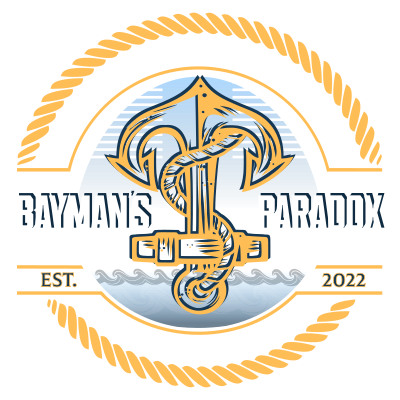Explore
These are the latest posts across all categories:
Category: Governance
Author: Holly Revollàn-Huelin
Date: September 27, 2025 — 11 min read
Imported Outrage, Local Silence examines how Newfoundland’s local leadership has borrowed scripts from U.S. culture wars and Canadian partisan media, sidelining real community issues. From Roe v. Wade tests to playground graffiti, the piece traces how outrage has been imported wholesale, drowning out substantive debates about governance, land, and energy policy. It highlights how global frameworks like the Paris Accord shape Newfoundland’s future while remaining invisible to many, and how structural weaknesses in municipalities go unaddressed. The essay concludes by questioning whether Newfoundland still has a culture of its own, or only a borrowed one — and calls on leaders to “teach our children well” with truths rooted in this place. Read More...
Category: Governance
Author: Holly Revollàn-Huelin
Date: September 25, 2025 — 7 min read
This article traces how reputations in Newfoundland politics are recycled and scaled beyond local disputes. It follows Tony Cornect’s shift from MHA to FFTNL president, an oral testimony from Garden Hill showing politicians inserting themselves into industry, and the continuity of influence across offices and generations. The piece then reflects on the very meaning of “kingmaker,” introduced to me in 2016 while working at Le Gaboteur. Finally, it connects these local patterns to global ones: Canada’s selective use of UNDRIP, the role of French consulates in Atlantic Canada as external arbiters, and the Canada–Germany hydrogen deal that crowned Newfoundland as Europe’s energy province without local consent. The article argues that, whether in local halls or international boardrooms, kings are appointed — not elected. Read More...
Category: Governance
Author: Holly Revollàn-Huelin
Date: September 25, 2025 — 8 min read
This article examines how Newfoundland’s politics and activism are shaped less by policy and more by gatekeeping. Using the Port au Port water crisis as a stage, it shows how the Environmental Transparency Committee frames legitimacy through process, how Jeff Todd Young’s career has been carefully groomed across Franco-Jeunes, Mi’kmaw Cultural Foundation, and Liberal nomination, how Tony Wakeham’s silence operates as a deliberate strategy, and how Jasen Benwah leverages Indigenous authenticity as a form of power. The piece argues that reputations in Newfoundland are not won at the ballot box but managed by those who decide who is allowed to speak. Read More...
Category: Governance
Author: Holly Revollàn-Huelin
Date: September 24, 2025 — 7 min read
This article argues that Newfoundland is trapped in a cycle of repetition: crises are framed as opportunities for “resets,” but the language, promises, and outcomes are the same every time. From resettlement and Churchill Falls to Muskrat Falls and the “Big Reset,” the province rehearses the same narratives of crisis and rescue rather than building new strategies. Municipal bailouts reinforce this cycle by rewarding dependence, while centralized politics and performative culture keep institutions weak. The result is stagnation — Newfoundland isn’t moving forward but re-performing the past. The piece closes by linking this cycle to political candidates themselves, setting the stage for the upcoming Kingmaker article. Read More...
Category: The Local Paradox
Author: Holly Revollàn-Huelin
Date: September 23, 2025 — 7 min read
This article examines how Newfoundland’s supposed “wins” in land and resource politics often amount to optics rather than substance. From Gros Morne’s UNESCO designation and the displacement of families, to federal “custodial management” of the fisheries, to new wind-to-hydrogen megaprojects backed abroad, locals are consistently left with symbolic recognition while real control and economic benefits flow outward. Even at the municipal level, provincial bailouts reinforce dependency rather than autonomy. By tracing these patterns, the piece argues that Newfoundland’s resource governance operates as theatre: protecting appearances while leaving communities with empty hands. Read More...
Category: Governance
Author: Holly Revollàn-Huelin
Date: September 21, 2025 — 5 min read
This article examines how Germany and Britain continue to shape Newfoundland’s energy future through hydrogen agreements, corporate projects, financial markets, and historical precedents. Germany’s hydrogen alliance and EU timelines push Newfoundland into serving European demand, while Britain’s legacy runs from BRINCO and Churchill Falls to London bond markets and oil ventures like BP and Nu Oil. Together, they reveal the local paradox: decisions made abroad, staged consultations at home, and a province locked into global strategies with little real sovereignty. Read More...
